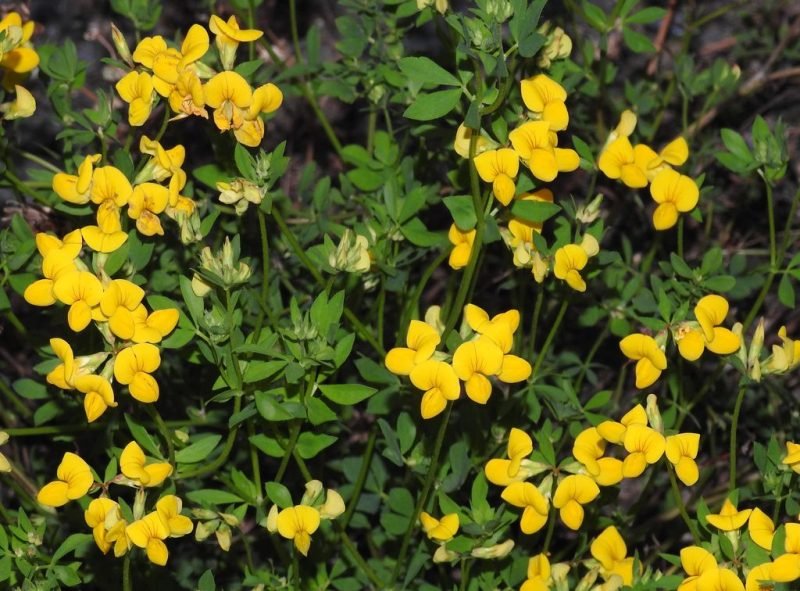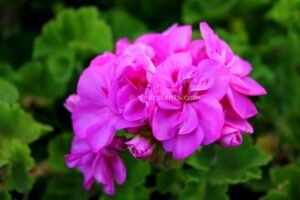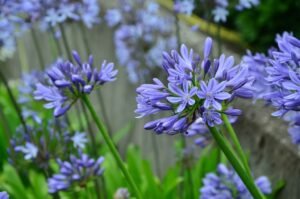Bird’s foot trefoil (Lotus corniculatus) is a perennial plant that can grow 10cm – 50cm tall and 10cm – 50cm wide. In this growing guide we’ll learn the cultivation details and how to plant Bird’s foot trefoil (Lotus corniculatus).
This plant has several common names including: bird’s foot trefoil, eggs and bacon, bird’s eyes, bird’s foot clover, bloomfel, butter-jags, cat in clover, cheesecake grass, cross toes, crowtoes, crow’s foot, fingers and thumbs, fingers and toes, ground honeysuckle, lady’s fingers, lady’s slipper, lamb’s cress, lamb’s toes, sheep foot or shoes and stockings.
This is a deciduous plant that takes 1-2 years to reach full maturity.
In this article
Plant profile
Common name: bird’s foot trefoil, eggs and bacon, bird’s eyes, bird’s foot clover, bloomfel, butter-jags, cat in clover, cheesecake grass, cross toes, crowtoes, crow’s foot, fingers and thumbs, fingers and toes, ground honeysuckle, lady’s fingers, lady’s slipper, lamb’s cress, lamb’s toes, sheep foot, shoes and stockings
Scientific name: Lotus corniculatus
Plant type: Perennials
Habit: Bushy
Height: 10cm – 50cm
Spread: 10cm – 50cm
Foliage: Deciduous
Sunlight: Full Sun
Soil: Chalk, Loam, Sand
Moisture: Well drained
Garden type: Wildflower meadow
Seasonal colors
| Season | Stem | Foliage | Flower | Fruit |
|---|---|---|---|---|
| Spring | ||||
| Summer | ||||
| Autumn | ||||
| Winter |

How to plant Bird’s foot trefoil (Lotus corniculatus) – Jeran Renz, CC BY-SA 4.0, via Wikimedia Commons
Perennial plants are one of the largest groups of plants.
They offer color, shape, fragrance and seasonal textures. The variety is such that there are plants to suit all sizes and styles of garden.
Traditionally, perennials are grown in borders, using a wall or hedge as a backdrop to bring out all their splendor during summer.
But since most gardens are not large enough for long borders dedicated exclusively to perennials, they are usually planted in mixed borders and beds, along with shrubs, annuals, biennials, and bulbs that extend the season of interest.
How to plant
In this section we will learn how to plant Bird’s foot trefoil (Lotus corniculatus), know its needs in terms of soil, watering and sun exposure.
Soil
Bird’s foot trefoil (Lotus corniculatus) is not a demanding plant regarding the type of soil and can grow in chalk, loam or sand.
-
The chalky soil is pale and contains chunks of calcium-rich rock. It is a fertile and well-draining soil, almost always alkaline.
-
The loam soil is dark, rich in organic matter but balanced in minerals. It offers the best of all worlds, retaining enough water for the plants, but allowing excess moisture to drain away. This is the most desired type of garden soil, perfect for most plants.
-
Sandy soil is light, porous and very easy to drain. It is a soil poor in organic matter and nutrients. It is composed of relatively large mineral particles that allow water to drain quickly.
It is not very sensitive to soil acidity or alkalinity and grows well in soils with pH acid, alkaline or neutral.
Regarding drainage, Lotus corniculatus likes to grow in well drained soil.
Sunlight
Bird’s foot trefoil (Lotus corniculatus) should be grown in full sun places.

Cultivation profiles – Growing Bird’s foot trefoil (Lotus corniculatus) – Robert Flogaus-Faust, CC BY 4.0, via Wikimedia Commons



